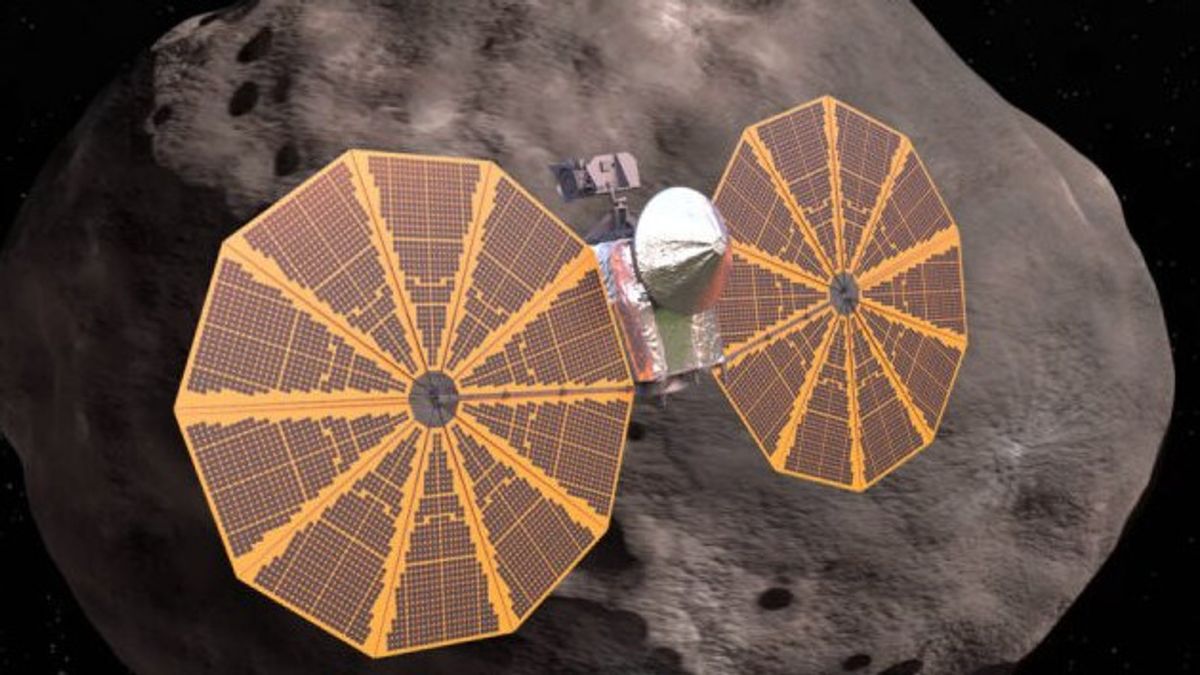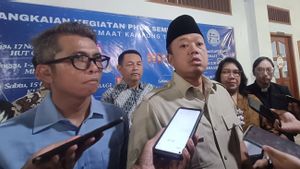JAKARTA - NASA's newest mission will launch on October 16. The mission will fly a spacecraft dubbed Lucy to a group of asteroids near Jupiter.
The mission is named for the famous discovery of the partial skeleton of a human ancestor who lived more than 3 million years ago. The fossil remains were dubbed "Lucy" by the palaeoanthropologists who discovered them.
The 12-year mission is designed to provide scientists with knowledge about the Trojan asteroid, which shares its orbit around the Sun with the largest planet in the Solar System.
Trojan asteroids are remnants of the primordial material from which Jupiter and the other outer planets formed. Space rocks function similarly to time capsules from the early days of the Solar System forming about 4.5 billion years ago.
Previously, NASA's Juno spacecraft had circled Jupiter since 2016, but this will be the agency's first expedition to study two Trojan asteroid swarms, one leader group ahead of Jupiter and the other behind the planet.
"By studying these asteroids up close, scientists hope to hone their theories on how the planets of our Solar System formed 4.5 billion years ago and why they ended up in their current configuration," said NASA mission project scientist Tom Statler. from NBC News, Friday, October 1.
During this mission, Lucy's spacecraft is expected to travel nearly 4 billion miles. Its first asteroid trajectory will take place in 2025, when it streaks past the space rock in the main asteroid belt between Mars and Jupiter.
Then, seven other close encounters with the Trojan asteroid will take place from 2027 to 2033. Lucy will be the first spacecraft to visit this asteroid.
Lucy alone is fueled by about 1,600 pounds (725 kilograms) of liquid hydrazine and liquid oxygen, which make up 40 percent of the spacecraft's mass. The fuel will be used for the precise maneuver that will propel Lucy to the asteroid's destination on schedule, while the solar array will recharge the batteries that will power the spacecraft's instruments.
The Lucy spacecraft is scheduled to take off on an Atlas V rocket from the Cape Canaveral Space Force Station in Florida on October 16.
The English, Chinese, Japanese, Arabic, and French versions are automatically generated by the AI. So there may still be inaccuracies in translating, please always see Indonesian as our main language. (system supported by DigitalSiber.id)













